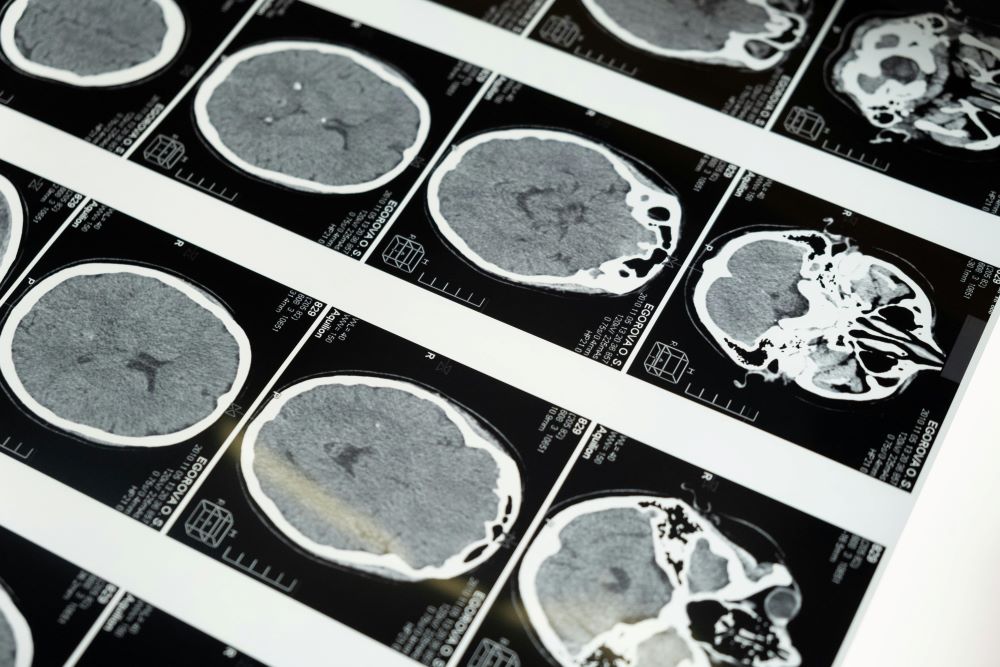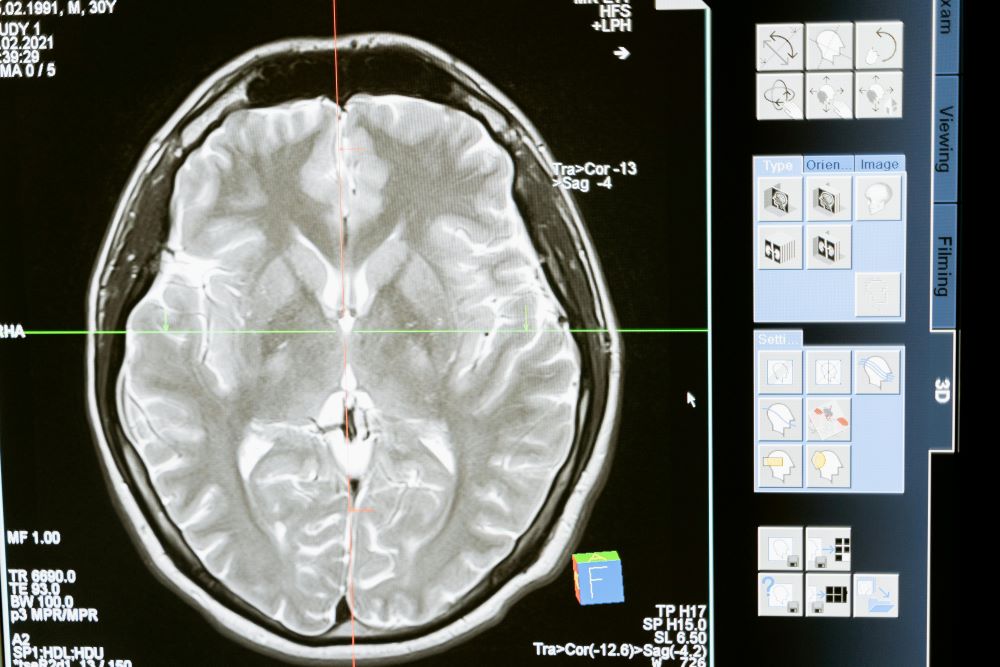New study findings could have important implications for Alzheimer’s disease, dementia.
Serotonin, a key neurotransmitter, communicates messages between brain cells by binding to specific receptors on the cell surface. This binding initiates signaling pathways that influence various cellular activities. In doing so, the chemical takes an active role in critical functioning including mood regulation, sleep, appetite and digestion, memory and learning, social behavior, body temperature regulation. Common prescription drugs called selective serotonin reuptake inhibitors (SSRIs) are taken to increase levels of serotonin in the brain, thus improving mood and relieving symptoms of depression.
In addition to these benefits, recent research conducted by the Xu lab (an animal genetics research facility) in collaboration with Dr. I. Sadaf Farooqi’s human genetics lab at the University of Cambridge, sheds light on the role of serotonin 2C receptors in memory functions. This study specifically explored the receptors located in the ventral hippocampal CA1 region (vCA1) of the brain, known to play a critical role in memory processing.
Dr. Farooqi explained, “In previous work, we identified five individuals with rare variants of the serotonin 2C receptor gene (HTR2C) that resulted in defective receptors. These individuals exhibited significant memory deficits as measured by memory questionnaires. This observation prompted us to investigate the relationship between these HTR2C variants and memory impairments using animal models.”
To further explore this connection, the team created genetically modified mice that carried the same faulty serotonin 2C receptor gene found in human subjects. Behavioral tests revealed that both male and female mice with this nonfunctional gene showed impaired memory recall compared to their counterparts.

“Combining data from human subjects and our genetically engineered mice provided compelling evidence linking non-functional mutations of the serotonin 2C receptor to memory deficits in humans,” Xu stated.
The use of animal models allowed the researchers to delve deeper into the mechanisms by which the serotonin 2C receptor influences memory. They identified a brain circuit originating in the midbrain, where serotonin-producing neurons live. These neurons project to the vCA1 region, rich in serotonin 2C receptors. Xu said of the process, “When serotonin is released from midbrain neurons and binds to receptors in the vCA1 region, it triggers changes that help consolidate memories.”
Notably, the team discovered that this serotonin-mediated neural circuit is disrupted in a mouse model of Alzheimer’s disease.
“In the Alzheimer’s disease model, the neural circuit fails to release adequate serotonin into the vCA1 region, preventing the necessary receptor binding and signaling required for memory consolidation,” Xu explained.
To address this serotonin deficiency, the researchers explored the potential of a serotonin analog called lorcaserin, which selectively activates the serotonin 2C receptors. “We administered lorcaserin to our Alzheimer’s mouse model and observed significant improvements in memory,” Xu reported. This finding suggests that activating serotonin 2C receptors could bypass the compromised serotonin release, offering a promising new therapeutic treatment approach.
This research underscores the critical role of serotonin 2C receptors in memory and highlights the potential of serotonin analogs in treating memory-related conditions including dementia and Alzheimer’s disease. Alzheimer’s Disease International’s 2024 World Alzheimer Report estimated there are roughly 55 million people worldwide living with this disease and around 10 million new cases of dementia diagnosed each year.
Sources:
Neural circuits expressing the serotonin 2C receptor regulate memory in mice and humans


Join the conversation!